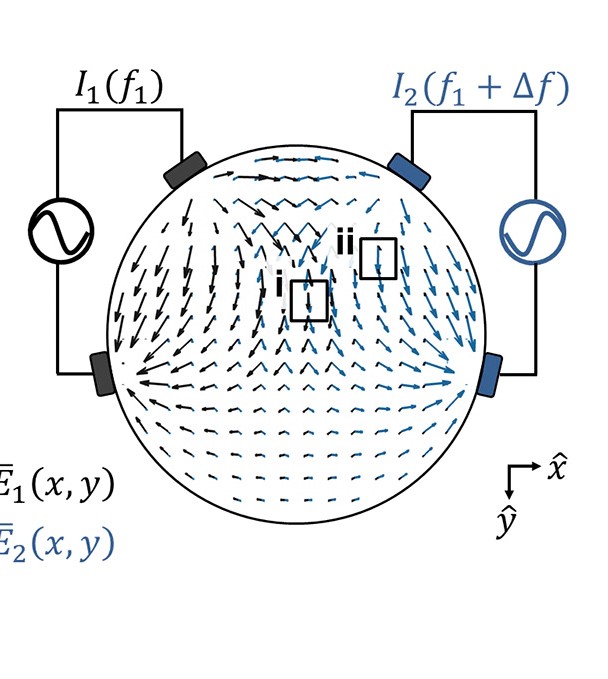Revolutionizing Drug Discovery: AI-Designed Proteins via AlphaDesign

In a groundbreaking study published in the *Molecular Systems Biology* journal on June 17, 2025, a team from the European Molecular Biology Laboratory (EMBL) introduced a novel AI-driven framework known as AlphaDesign for the de novo design of proteins. This innovation promises to transform the field of drug discovery by enabling the creation of tailored therapeutics designed to target specific biological functions effectively. Dr. Kashif Sadiq, founder and CEO of DenovAI, emphasized the significance of this research, stating, "This paper is both a scientific validation of our approach and a foundation for our broader mission to transform and accelerate drug discovery and precision medicine by designing biology itself."
Historically, proteins found in nature represent only a small fraction of the nearly limitless theoretical protein structures. The ability to create proteins from scratch—de novo—could enhance therapeutic development, particularly in addressing complex diseases. The study’s authors highlighted that AlphaDesign allows for the generation of protein sequences and structures that can be predicted to undergo conformational changes upon binding, a critical aspect for therapeutic efficacy.
The EMBL researchers validated the effectiveness of their approach by testing the designed proteins across various levels of complexity, from monomers to dimers. They asserted that AlphaDesign produces comparable, if not superior, results to existing state-of-the-art models. According to Dr. Jan Korbel, head of data science at EMBL Heidelberg, "AlphaDesign represents a new level of control in computational biology: the ability to generate new proteins with measurable, targeted function."
To assess the functionality of their de novo protein designs in living systems, the team engineered active inhibitors targeting bacterial phage proteins, specifically focusing on the RcaT-Sen2 toxin variant. Their experimental results indicated that approximately 19.3% of the designs successfully inhibited RcaT-Sen2 in *E. coli* colonies, demonstrating the practical applications of their AI-generated proteins.
Despite these promising results, researchers acknowledged that further validation and testing are necessary before clinical applications can be realized. Dr. Sadiq noted, “While this work is a proof of concept for the utility of functional protein creation, there is much work to be done before it can be used for clinical applications.” He projected a future where tailored therapeutic molecules could be designed from inception for specific diseases, ultimately leading to enhanced patient outcomes.
The implications of AlphaDesign extend beyond immediate therapeutic applications. The adaptability and precision in designing proteins could signal a paradigm shift in biologics, where drug development processes may become significantly more efficient, reducing the time and cost associated with traditional methods. As the field progresses, the integration of AI in biopharmaceutical sciences is expected to foster innovations that could vastly improve healthcare delivery worldwide, paving the way for precision medicine.
In sum, the introduction of AlphaDesign and its potential to create proteins with targeted functions represents a significant advancement in biotechnological research. As the scientific community continues to explore the possibilities of AI in protein design, the future of drug discovery may well be redefined, setting new standards for efficacy and patient care in therapeutic interventions.
Advertisement
Tags
Advertisement





